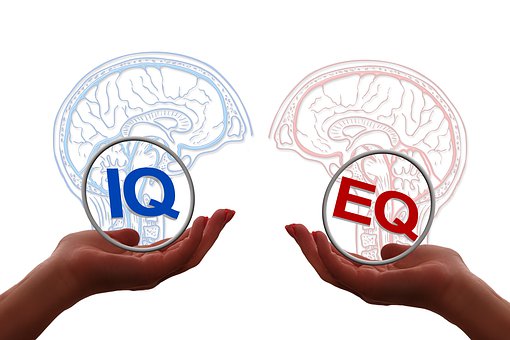Emotional intelligence – What is it exactly?
Emotional intelligence is a key factor in business success, but not everyone knows exactly what it is.
The ability to listen and communicate is an important aspect of emotional intelligence, as is adaptability, self-management, the ability to work in teams, and leadership potential.
Some indicators that you may need to improve your emotional intelligence may include:
- You become impatient and frustrated when others don’t understand your point of view
- You are surprised when others take your comments or jokes the wrong way, and you think they’re overreacting
- You think being liked at work is not important
- You are upfront with your assertions, and defend them vigorously
- You believe others should have the same high expectations as yourself
- You blame others for most of the problems that occur
- You find it irritating when others expect you to know how they feel.
To help deal with these problems and become more emotionally intelligent, you need to:
- Get feedback
Solving your lack of emotional intelligence can be as simple as asking others what they observe about you in the workplace (the good and the bad)
- Be aware of negative impact
Those with weak or low emotional intelligence are often unaware of the negative impact their words and actions can have on others. Thus, always think carefully about how your words may affect others, regardless of what you intend them to mean
- Think about what you are saying, before you say it
When you are making emotionally intelligent decisions, you need to think carefully about your response to situations, rather than have a knee-jerk reaction. This can be done by pausing to listen to yourself and your reactions first, rather than lashing out or yelling
- Put yourself in their shoes
This helps you to develop empathy – a key component of emotional intelligence. You will also better understand the other person’s agenda (and yours) by seeing it from both sides and enabling a more balanced way forward.
By Mike Peeters

